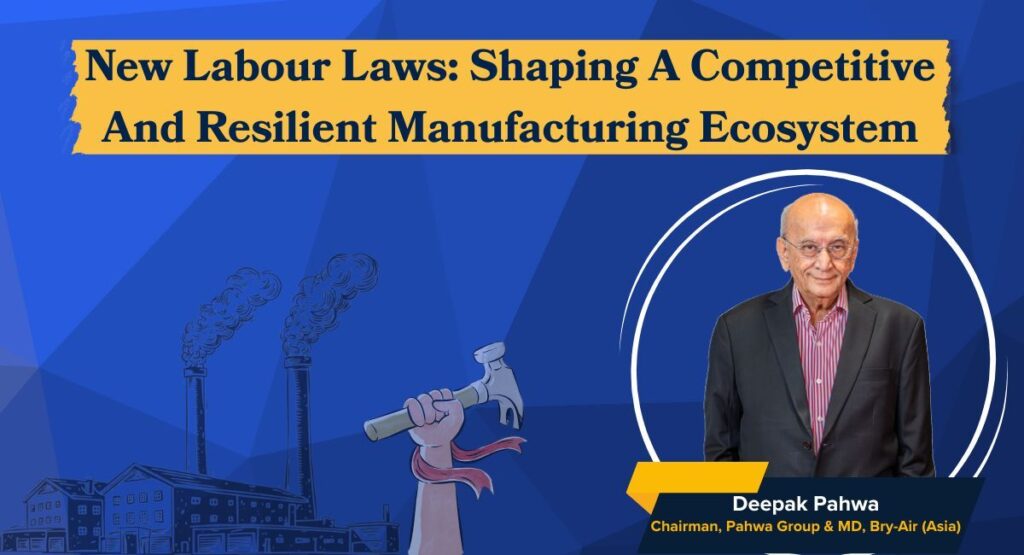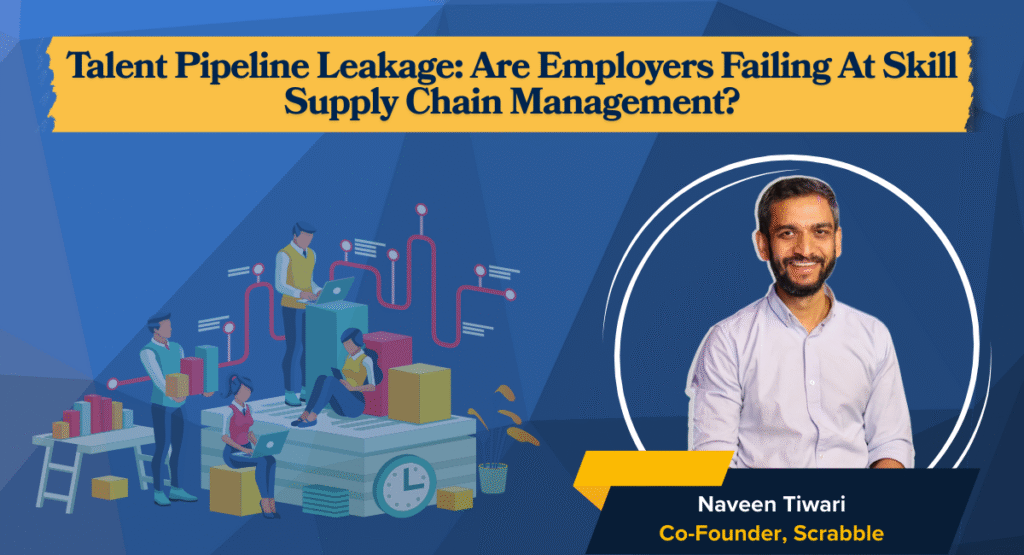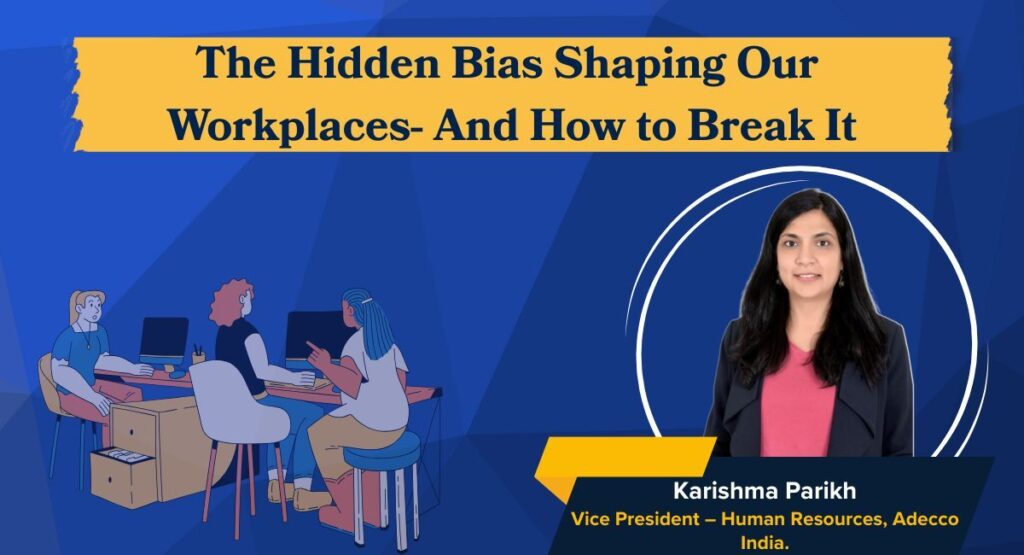AI has become the go-to assistant in recruitment: screening resumes, matching candidates to roles, and even answering job seeker queries. It’s fast, tireless, and great at cutting down repetitive work. No wonder 87% of companies are already using AI in hiring, and 86.1% of recruiters agree it speeds up the process.
But speed isn’t the same as success. The real question is: is AI helping us hire smarter or just fail faster? Let’s explore.
The Bias Challenge
With AI comes the ongoing problem of unfair bias, where systems can sometimes treat certain people or groups differently. This bias can slip in through the data used to train the AI or the way the algorithms are designed, sometimes leading to the rejection of qualified job candidates simply because the system was trained on biased information.
A recent example is the 2024 case of Derek Mobley, who filed an employment discrimination lawsuit against hiring software provider Workday, alleging that its algorithm-based applicant screening system discriminated against him and other candidates based on race, age, and disability. Similarly, an AI recruiting tool developed by Amazon’s machine-learning specialists was found to discriminate against women, leading the company to scrap the tool in 2018.
The Black Box Problem
Like any technology, AI comes with the challenge of transparency. We can see the outcome of an AI prompt, but the process behind it often remains a mystery, a concern known as the ‘black box’ problem. In recruitment, this means that while AI might suggest certain candidates for a role, recruiters may have no clear understanding of why those individuals were selected. This opacity raises serious questions about fairness, bias, and transparency in hiring.
Overlooking the Human Side of Talent
Although AI hiring tools are becoming more advanced, they still struggle to evaluate soft skills like problem-solving, creativity, and adaptability, qualities that play a big role in workplace success.
For example, someone who has worked in a small startup may have worn multiple hats, learned new tools quickly, and found creative ways to solve problems on tight deadlines, but those strengths might not be obvious in a keyword-based AI scan. These skills are crucial for cultural fit and team collaboration, and relying only on AI risks overlooking candidates whose most valuable qualities aren’t captured on paper.
Human interviewers are often better equipped to judge a candidate’s interpersonal abilities and alignment with the company culture. Additionally, AI systems that analyze body language or vocal tone can misread these cues, sometimes resulting in the rejection of highly capable candidates. For example, a soft-spoken applicant might be flagged as “lacking confidence” by the AI, when in fact they are simply calm, composed, and deliberate in their answers.
Final Thoughts
AI can be a game-changer in recruitment, streamlining resume screening and scheduling, cutting costs, enabling large-scale hiring, improving candidate experience, matching candidates more accurately, offering 24/7 support, and even spotting passive talent. However, its true potential is unlocked when it works alongside human recruiters, not as a replacement.
AI excels at analyzing vast datasets, spotting patterns, and executing repetitive processes with speed and precision. Human recruiters bring irreplaceable skills, assessing cultural fit through emotional intelligence, applying instincts built over years of experience, and building relationships that engage top talent. Understanding a company’s culture and team dynamics will always be something only humans can do.
By dividing responsibilities based on these strengths, companies can create recruitment processes that leverage technology without losing the personal touch.





